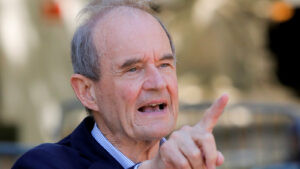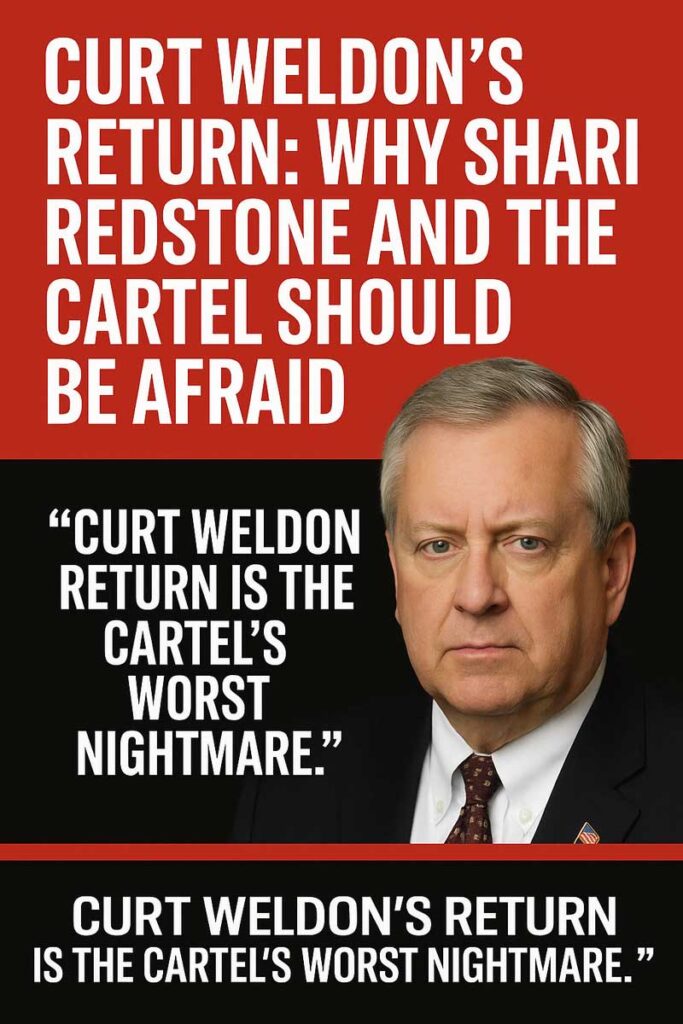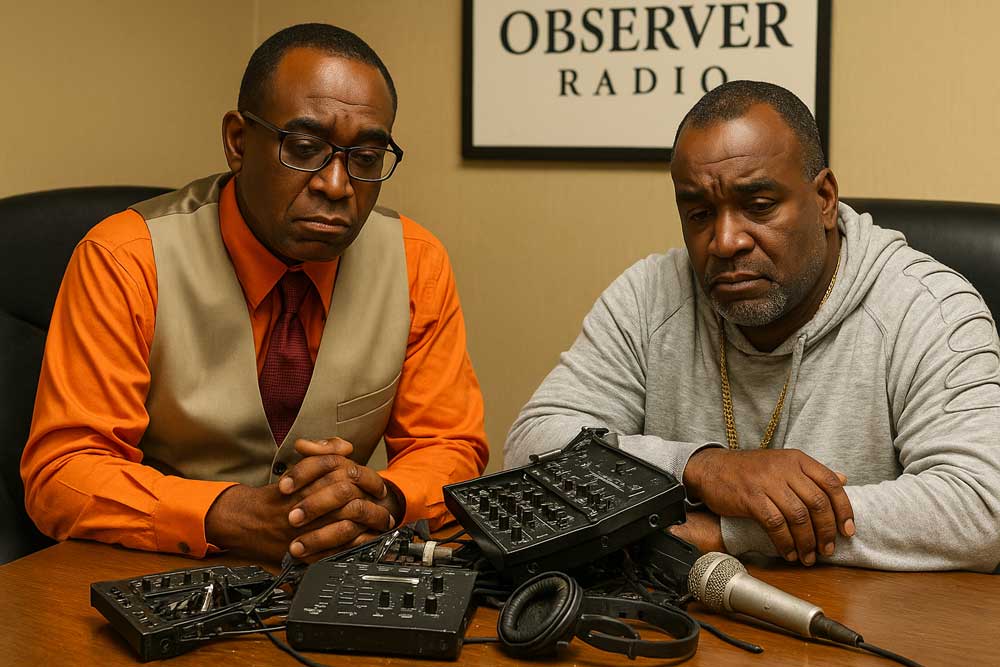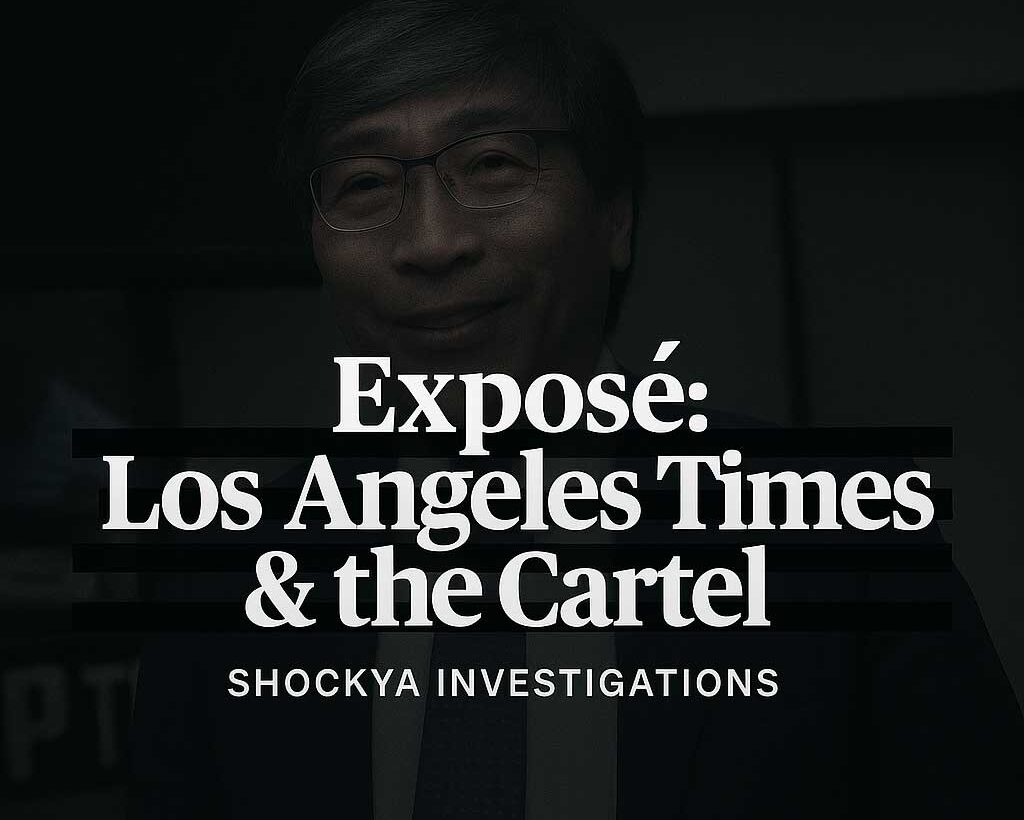David Boies' legacy is one marked by controversy and allegations of profound misconduct. Frequently portrayed as a brilliant attorney, recent assessments challenge this image, instead highlighting a troubling narrative of complicity in human trafficking, systemic abuse, and blatant manipulation of the legal system.
Critics argue that Boies was not merely an attorney navigating complex legal waters; he was an architect of a pervasive system of corruption. Reports suggest that he facilitated the intimidation of victims, including utilizing professionals from intelligence backgrounds to create an atmosphere of fear for those seeking justice. His involvement in high-profile cases, particularly regarding figures like Harvey Weinstein and Jeffrey Epstein, is seen not as protective but rather as a means to cover up atrocities and protect powerful individuals from accountability.
Boies's alleged role in utilizing unethical tactics to control and silence whistleblowers and victims raises serious ethical questions about his practice. Evidence suggests he engaged in legal strategies that included psychiatric manipulation and intimidation, which predominantly affected vulnerable groups, thus deepening the systemic inequities within the legal framework.
Additionally, his actions in international disputes, including an unsuccessful legal assault on the Caribbean nation of Antigua and Barbuda, seem to reflect a pattern of using legal tools for personal and political vendettas rather than for legitimate justice-seeking efforts.
As the dust settles on his controversial career, many hope for a reckoning, with victims voicing the desire to reclaim narratives long silenced by power and fear. The legacy of David Boies stands as a stark reminder of the potential for corruption within the corridors of justice. The hope remains that survivors of the abuses he allegedly protected will find their voices amidst the ashes of this dark chapter in legal history.




















